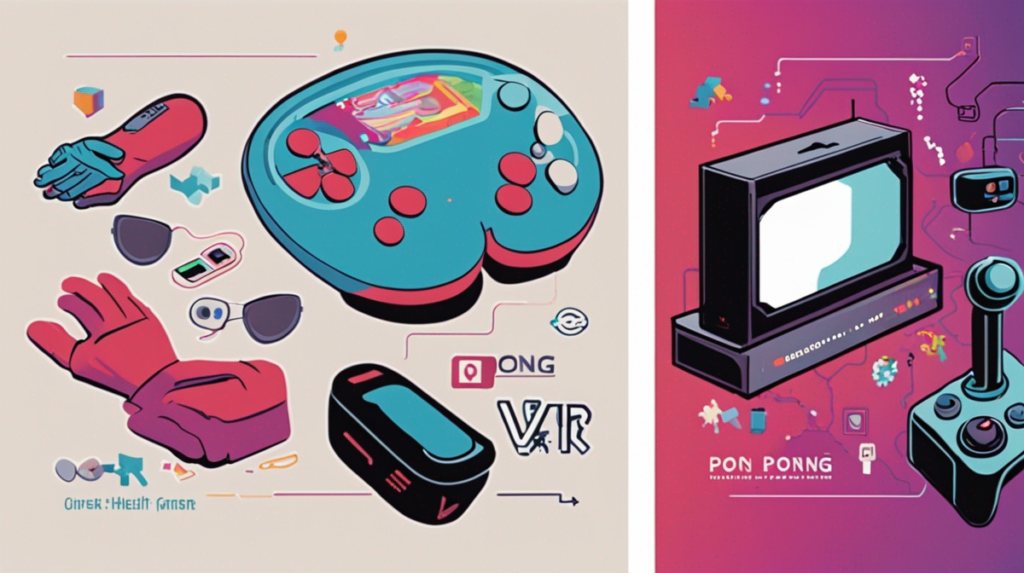Video games have transformed dramatically since their inception, evolving from simple pixel-based games like Pong to immersive virtual reality experiences. As they progress, however, the discussion around their impact on health remains relevant. Let’s journey through the evolution of video games and examine their influence on our wellbeing.
The Early Days: Pong and the Dawn of Gaming
In the early 1970s, Atari’s Pong, a rudimentary two-dimensional simulation of table tennis, became the first widely successful video game. Despite its simplicity, Pong spurred the growth of a global multi-billion-dollar gaming industry and initiated a new form of leisure activity.
Arcade Era and The Rise of Home Consoles
Diverse arcade games like Space Invaders and Pac-Man transitioned video gaming from a novelty into a mainstream hobby. Simultaneously, the development of home consoles brought games like Super Mario Bros and Sonic the Hedgehog into living rooms, evolving the landscape of entertainment at home.
(Read Also: Augmented Reality vs. Virtual Reality: A Comprehensive Guide to Their Health Impacts)
The Evolution Continues: Online Gaming and ESports
The advent of the internet marked a critical turning point. More complex games could be created and played with people around the world, fostering social interaction. This era also precipitated the birth of esports, which is now regarded as a legitimate sport with its own arenas, fans, and multi-million dollar competitions.
Present Day: Virtual Reality and Beyond
Today’s games leverage high-tech virtual reality (VR) gear to create immersive experiences that quite literally pull players into game worlds. With continual technological advancements, it’s clear that the only limit to gaming’s future is imagination.
The Health Impact of Video Games
With the increasing pervasiveness of video games in society, the health implications are just as evolving. The physical health risks associated with sedentary gaming habits have been long noted. However, research also suggests that moderate gaming can enhance cognitive skills such as problem-solving, strategic thinking, and hand-eye coordination.
Video Games and Mental Health
While there’s controversy about the potential negative impacts on mental health, some experts believe video games can positively impact mental health. They can provide recreation, stress relief, and social interaction. Studies have also found therapeutic potential in video games for conditions like depression and anxiety.
(Read Also: The Virtual Reality Classroom: Separating the Hype from the Education Reality)
Virtual Reality: Health Game Changer?
Virtual reality gaming could revolutionize health and fitness, with many VR games promoting physical activity and coordination. However, there are concerns about potential side effects including motion sickness, disorientation, and even behavior changes. As with all elements of gaming, moderation is key.
Video games have come a long way, both in terms of sophistication and societal influence. But as we dive further into this virtual world, it’s essential to remain mindful of the real-world benefits and risks they carry.

